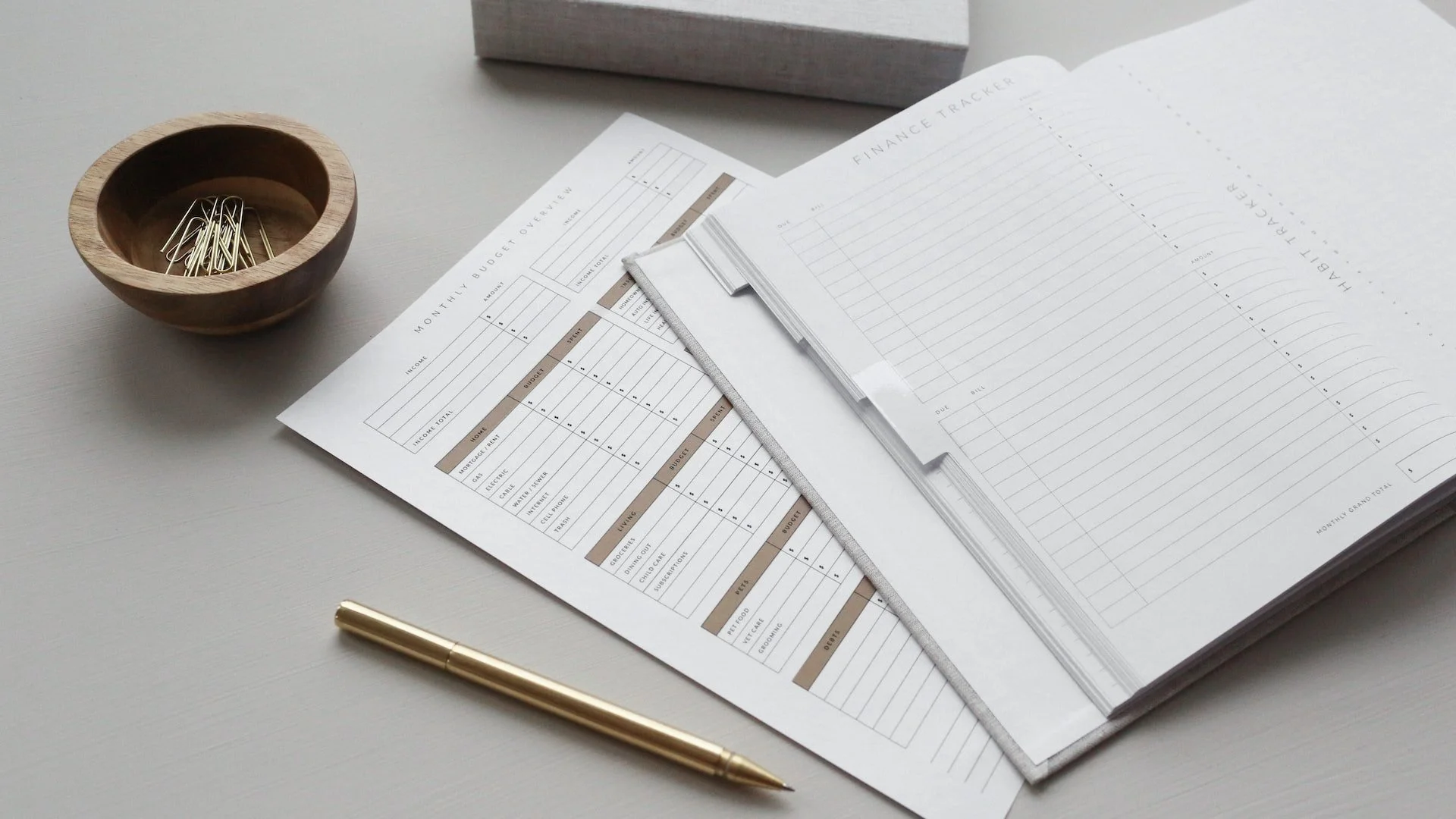How to budget for a home loan (and get approved)
When it comes to purchasing a home, one of the biggest considerations you need to think about? Your budget. Because that’s the first thing the bank wants to know; can you afford this home, and can you budget accordingly?
(And uhh... how much are you really blowing on Uber Eats every week…?)
But sorting through your spending and presenting a budget to the bank sounds:
overwhelming
a smidge boring and
did we mention overwhelming?
Enter Lenny.
We’re here to take a job that manages to be both mundane and mind-boggling, and break it down into bite-sized pieces that are easy to consume and understand.
Why is budgeting important anyway?
Your budget shows the bank a couple of things that are critical when making a choice as to whether to offer you a mortgage.
Serviceability and Affordability
The bank needs to assess your incomings and outgoings to confirm you are able to make the minimum repayments, and that you have some flexibility to extend should your interest rate increase.
Spending and Saving Behaviours
More than that? Lenders want to understand your spending and lifestyle because these behaviours make up an important element of your risk profile. But really, banks want to see that you have good saving habits, discretionary spending within your means and debts are paid as per agreements.
But, as we mentioned, collating a budget (from the past 3 months) to pass to your lender can feel daunting (and scary if you aren’t a regular budgeter and you’re getting a mighty big fright about the amount you spend).
There are a few things you can do to make this process run a little smoother.
Let’s dive into ‘em.
Savvy budgeting tips
Budget Tip #1
When you first start the search for a home to purchase (or ideally 3 months prior to when you begin lodging applications for loans) set aside a day to eyeball your spending habits and think about where you can cut costs if you need to.
Can you cancel a streaming subscription?
Can you close any BNPL (Buy Now Pay Later) accounts or reduce eating out?
Explore closing any credit cards you don’t use.
Not everyone will need or want to do this, but it can be a good way of giving your budget a light refresh.
Budget Tip #2
Make regular contributions to your savings and don’t touch it!
The bank wants to see that you can save without habitually drawing on your savings. You can still put lump sums in here like tax returns, gifts or cheeky windfalls, the key is to not draw down on these funds for at least 3 months.
Budget Tip #3
Use a spreadsheet that can break things up into categories the banks use.
Not a lover of spreadsheets? We’ve made a COOL spreadsheet. Promise.
Using the categories and tags used by lenders, this spreadsheet will help you create and present your budget in a way that's overwhelm-free, and loved by your future lender.
Want to know more about your budget and how to get that unconditional approval?
Lenny would love to sit down and have a virtual cuppa with you (obligation free, always).
Make an appointment now or give us a call on 0487 688 487.

